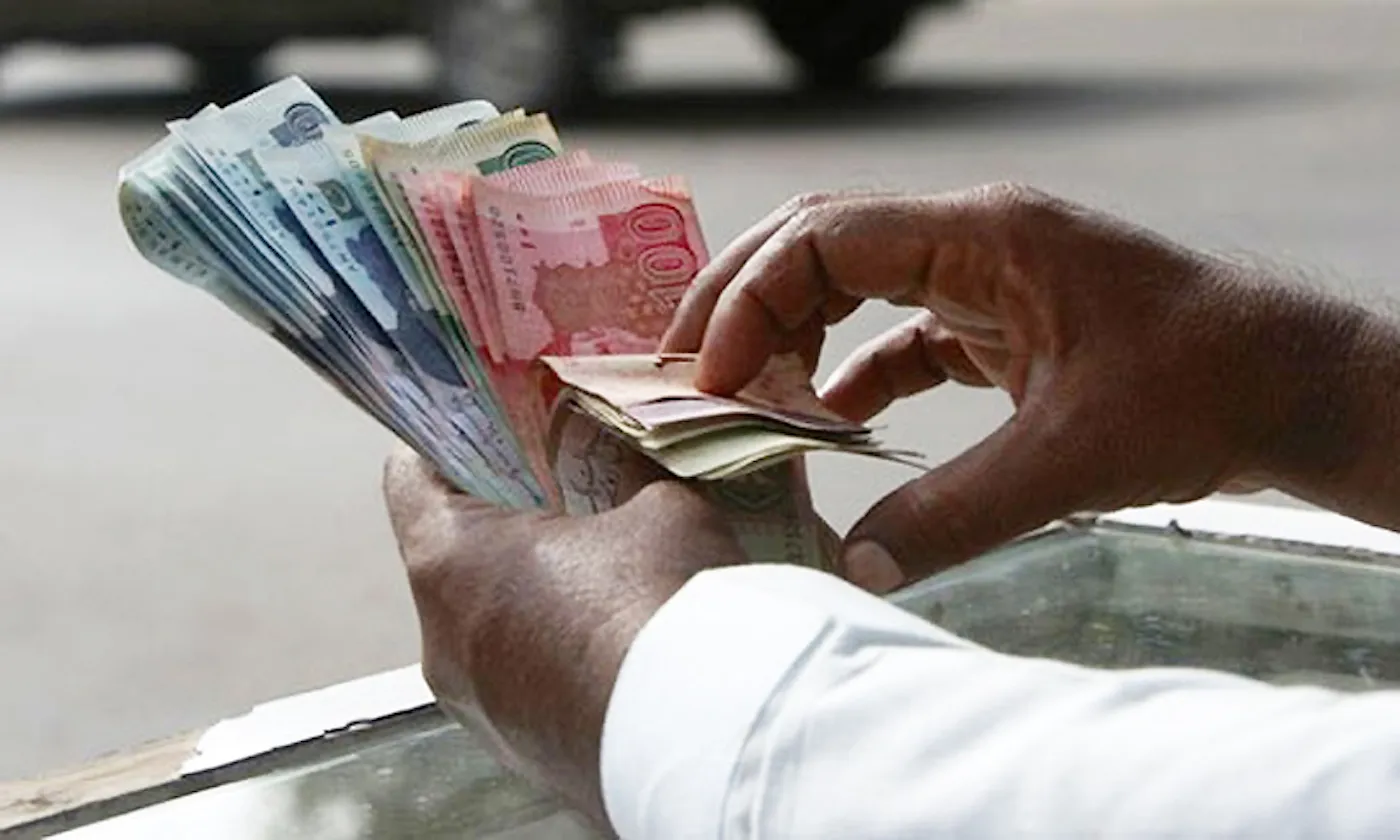
As Pakistan reels under the most serious debt crisis in its history, billions of dollars worth of dirty money owned by the rich and famous, and Generals, floats around in secret banks and properties in Dubai, Switzerland, London and other global cities. Retired Generals own a large percentage of this dirty money.
In the poverty-stricken country, every year an estimated US$15 billion was siphoned off outside the country to escape taxation, leaving one-third of the population to survive below the poverty line and millions of mothers and children remaining undernourished.
The latest leaks of Dubai property deals have only confirmed the truth about Pakistani’s ruling class–they care nothing for the country but their ill-gotten wealth stashed in bank vaults and properties across the world. In Dubai alone, the net worth of properties held by Pakistani politicians, businessmen, bureaucrats and Generals crossed $11 billion. This is only a minuscule percentage of real dirty money held by Pakistanis as their country is going around the world with the proverbial `begging bowl`.
Even the Supreme Court of Pakistan is indifferent to this massive problem of corruption and anti-national activity on the part of the ruling class. In February 2018, the court began hearing a suo moto case, ‘Maintaining of Foreign Accounts by Pakistani Citizens Without Disclosing the Same/Paying Taxes,’ and after scores of hearings, appointment of committees, expert advice from experienced lawyers, no progress has been made since January 2019 when the last hearing was held.
The sole objective of the case taken up by the court suo moto was to retrieve the dirty money, and expose and punish the culprits. But, instead, successive governments have given out unprecedented immunities, amnesties and sureties through legal provisions to those who created this dirty money economy.
According to a 2010 study, ‘What is hidden, in the hidden economy of Pakistan? Size, causes, issues and implications, almost 35 per cent of Pakistan’s economy was informal and remained the most prolific part of the dirty money creation. A significant reason for this scourge was high denomination currency notes. Notes of Rs 5000 denomination are used for hoarding, smuggling, currency scam and theft. The Rs. 5,000 currency notes worth Rs. 4.5 trillion are in circulation, with roughly Rs. 2 trillion siphoned off in ‘safe deposits’ and used in money laundering, tax evasion, and smuggling. This growing part of Pakistan’s economy, often called ‘The Secret Strength of Pakistan’s Economy,’ has bloomed during the current economic meltdown that tax gap has now crossed over 200%. The situation this year is likely to be worse, as debt servicing is expected to reach Rs. 8.5 trillion against the budgeted figure of Rs. 7.3 trillion. Such a crisis is unfolding at a time when the accumulated size of the informal (untaxed) economy is around Rs. 1000 trillion. Economists have estimated that if a flat rate of 10% were to be offered to all those who have failed to pay income tax in the past, the additional income tax collection could cross Rs. 10 trillion in one year alone.






